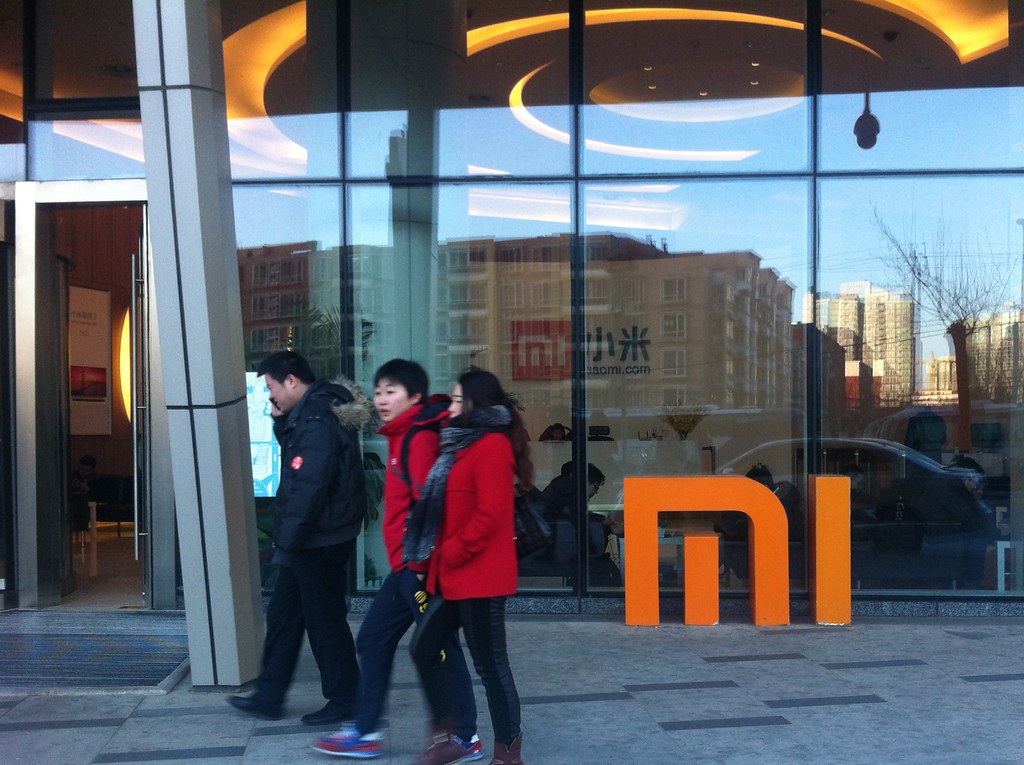VeriSilicon Holdings is headquartered in Shanghai, and research and development centers are both located domestically and in the United States. The company works as a contractor for other chip makers, helping them in the design of semiconductor components.
Xiaomi’s investments were noted in documents sent to the China Securities Regulatory Commission (CSRC). They report that Xiaomi has become VeriSilicon’s second largest external shareholder. Xiaomi confirmed the information to Reuters, but did not disclose the amount of investment in money.
Experts note that the largest shareholder of the chip maker is China Integrated Circuit Industry Investment Fund, the Chinese national fund to finance development of the domestic semiconductor industry, also known as the Big Fund.
The company invested its funds after the government identified chips as part of the Made in China 2025 initiative as one of those sectors in which it wants to make China more independent. It is planned to produce 40% of the required volume of microcircuits in the country by 2020, and already 70% - by 2025.
Xiaomi quickly gained ground in the smartphone market and in I quarter of 2019 became the fourth largest manufacturer of these devices in the world (IDC data). Seeking further innovation, the company wants to succeed in chip design. Investment in VeriSilicon is a step in this direction, the agency notes.
source: reuters.com
Xiaomi’s investments were noted in documents sent to the China Securities Regulatory Commission (CSRC). They report that Xiaomi has become VeriSilicon’s second largest external shareholder. Xiaomi confirmed the information to Reuters, but did not disclose the amount of investment in money.
Experts note that the largest shareholder of the chip maker is China Integrated Circuit Industry Investment Fund, the Chinese national fund to finance development of the domestic semiconductor industry, also known as the Big Fund.
The company invested its funds after the government identified chips as part of the Made in China 2025 initiative as one of those sectors in which it wants to make China more independent. It is planned to produce 40% of the required volume of microcircuits in the country by 2020, and already 70% - by 2025.
Xiaomi quickly gained ground in the smartphone market and in I quarter of 2019 became the fourth largest manufacturer of these devices in the world (IDC data). Seeking further innovation, the company wants to succeed in chip design. Investment in VeriSilicon is a step in this direction, the agency notes.
source: reuters.com





